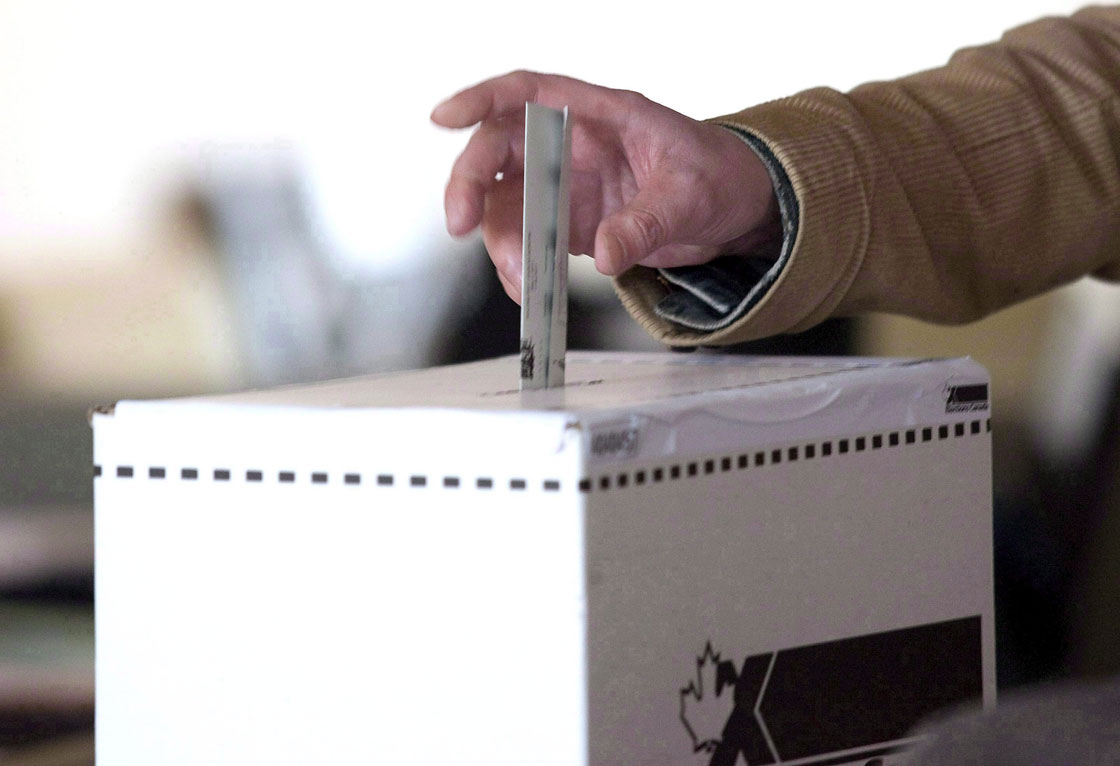TORONTO – The candidate who gets the plurality of votes wins. That’s the first-passed-the-post theory of all our elections in Canada.

It’s a system that has spawned endless debate, discussion and political pouting over the years – criticized because the outcome doesn’t represent the population.
But all that “PoliSci-101” tub-thumping may be misdirected.
If you’re really concerned about representative voting then you might want to consider the real weakness (if not failure) in the system.
More than half of you reading this right now are the problem: You don’t vote. How can an electoral system be considered fair or representative when half of the registered municipal voters in Toronto don’t exercise their franchise?
That number is even worse in Brampton where barely one in three voters cast a ballot in 2010 and a measly 29 per cent took time to go to the polls in Mississauga four years ago.
Myer Siemiatycki, a Professor of Politics and Public Administration at Ryerson University, and Sean Marshall, a Toronto-based geographer, have done some interesting research on who actually voted in the last three 416 municipal elections.
The report might be wordy when it comes to questions and issues around voter turnout, but Professor Siemiatycki is fairly succinct when he describes voter turnout out as “embarrassing.”
Siemiatycki’s research indicates that two of Toronto’s 44 wards have more than a 50 per cent turnout of eligible voters in recent elections.
“That’s terrible. 42 of the 44 can’t even get to a 50 per cent passing grade. They’re flunking,” Siemiatycki said.
- Ontario raising speed limits on some highways, including parts of 401
- Ford government wins battle to keep health-care staffing shortage figures secret
- Ontario police trying to find out who’s responsible for calling 911 more than 1,000 times
- S&P/TSX composite rises, U.S. stock markets also climb ahead of tech earnings
So is there a fix?
Well, scandal and anger seem to be prime motivators. Rob Ford tapped into a deeply seated frustration and anger when he roared into office four years ago.
Accusations of misspending and code of conduct violations appear likely to drive more Brampton voters to the polls on October 27.
But there’s also evidence to suggest highly contested and competitive races will result in a higher voter turnout. That may bode well for Mississauga to improve its dismal performance.
Then there’s the whole question around the use of technology. Why aren’t we voting online? Wouldn’t that engage a younger demographic to cast a ballot?
The general consensus is we should be e-voting. But there’s no evidence to suggest it improves turnout.
The City of Markham has offered internet voting since 2003. Martha Pettit is the Deputy City Clerk and Assistant Returning Officer and says the real benefit has been convenience and accessibility.
Even at that, fewer than one in ten ballots cast in Markham are internet votes.




Comments